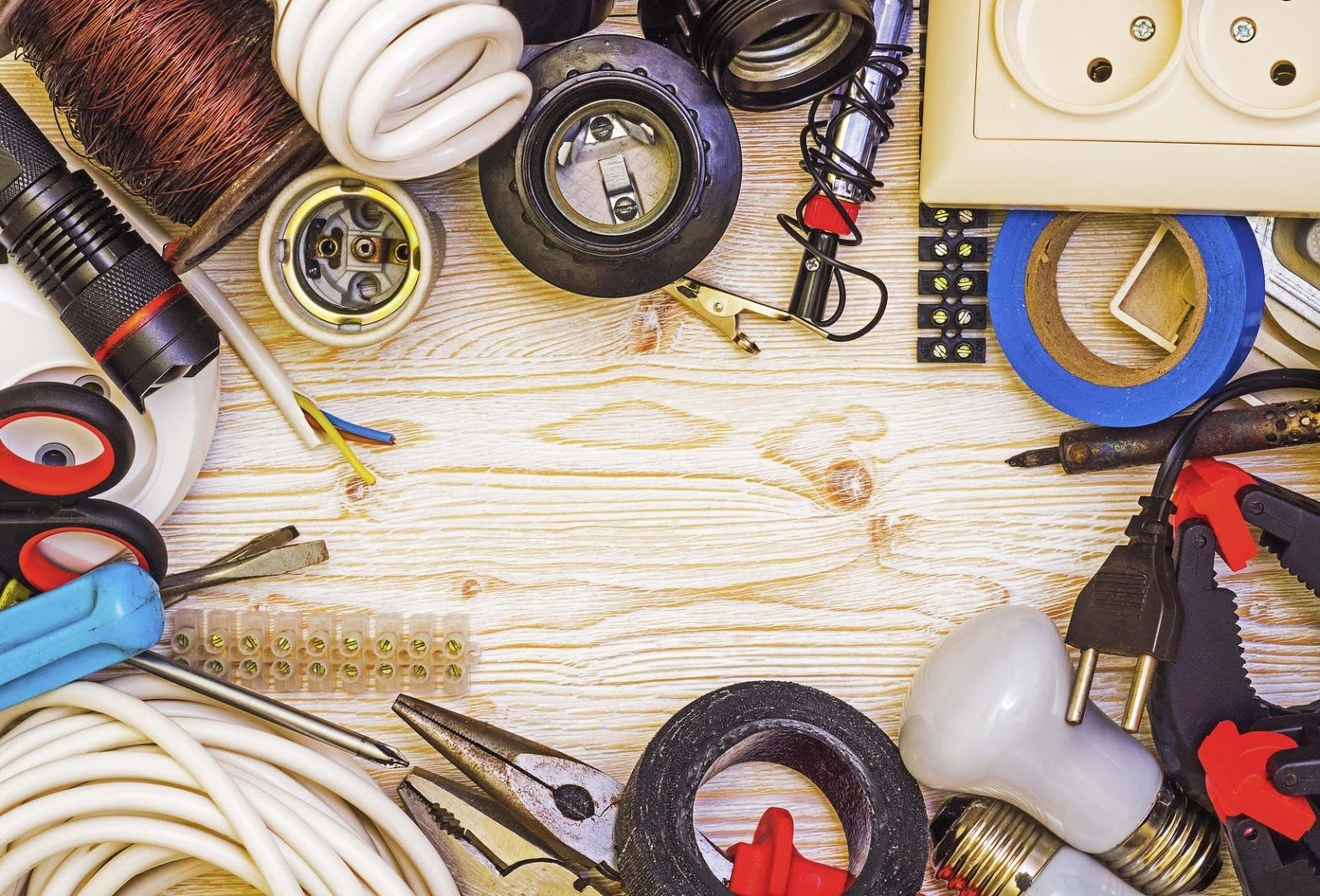
When it comes to home improvement, electrical supplies play a crucial role in ensuring that projects run smoothly and safely. Whether you are a seasoned DIY enthusiast or a beginner tackling your first home project, having the right electrical supplies is essential. This article will explore various types of electrical supplies, tips for choosing the right ones, where to buy them, and safety practices to keep in mind. By the end, you’ll have a solid understanding of the tools and materials you need to handle electrical work with confidence.
Understanding Electrical Supplies
Electrical supplies encompass a wide range of materials and tools necessary for any electrical project. These supplies are used for everything from basic wiring to complex installations. Understanding the different categories of electrical supplies can help you select what you need for specific tasks. Generally, these supplies can be divided into wires and cables, switches and outlets, lighting fixtures, and protective devices like circuit breakers. Each category serves a unique purpose and is essential for ensuring that electrical systems function safely and efficiently.
Common Types of Electrical Supplies
Wires and Cables
Wires and cables are the backbone of any electrical system. They come in various types, including copper and aluminum, and different gauges that determine their thickness and capacity to carry electrical current. Copper wires are the most commonly used due to their excellent conductivity. For home projects, it’s important to choose the right type of wire for your needs, such as NM (non-metallic) cable for indoor wiring or UF (underground feeder) cable for outdoor use. Always refer to local electrical codes to ensure compliance and safety.
Outlets and Switches
Outlets and switches are essential components of any electrical system. Outlets provide access to electrical power, while switches control the flow of electricity to fixtures and appliances. There are various types of outlets, including standard duplex outlets, GFCI (Ground Fault Circuit Interrupter) outlets for wet areas, and USB outlets for convenient charging. When selecting switches, consider the style and functionality, such as dimmer switches for adjustable lighting. Installing the right outlets and switches is crucial for safety and usability in your home.
Circuit Breakers
Circuit breakers are critical for protecting your home from electrical overloads and short circuits. They act as safety devices that automatically cut off the electrical flow when they detect an issue. Understanding how to select the right circuit breaker for your electrical panel is vital. Factors to consider include the amperage rating, which should match the needs of the circuit, and whether you need a single-pole or double-pole breaker depending on your application. Regularly checking your circuit breakers can prevent potential hazards and keep your home safe.
Lighting Fixtures
Lighting fixtures not only provide illumination but also enhance the aesthetic appeal of a space. From ceiling lights to wall sconces, the options are endless. When choosing lighting fixtures, consider factors like energy efficiency, bulb type (LED, CFL, or incandescent), and the style that complements your home decor. Installing the right lighting can significantly improve the ambiance of a room while also ensuring that spaces are well-lit for safety. Make sure to follow installation instructions carefully for optimal results.
Choosing the Right Electrical Supplies
Selecting the right electrical supplies is essential for the success of your project. Start by assessing your needs based on the scope of your work. Consider factors such as the size of the area you’re working on, the types of appliances and fixtures you’ll be installing, and any specific local building codes. Quality matters, so opt for reputable brands known for reliability and safety. Additionally, compatibility with existing systems is crucial; always check the specifications before making a purchase. Researching online reviews and asking for recommendations can help you make informed decisions.
Where to Buy Electrical Supplies
When it comes to purchasing electrical supplies, you have several options. Local hardware stores often carry a range of electrical materials and can provide personalized assistance. However, online retailers also offer convenience and often a broader selection. Websites like Home Depot, Lowe’s, or specialized electrical supply stores provide everything you might need, often with user reviews to guide your choices. Consider comparing prices and checking for bulk purchase discounts to save money. Always ensure that you’re buying from reputable suppliers to guarantee the quality of the products.
Safety Tips When Working with Electrical Supplies
Safety should always be your top priority when handling electrical supplies. First and foremost, make sure to turn off the power at the circuit breaker before starting any project. Wearing protective gear, such as gloves and safety goggles, is also crucial to prevent accidents. Use tools that are insulated and rated for electrical work to reduce the risk of shock. Familiarize yourself with common electrical hazards and how to avoid them. If you ever feel uncertain about a task, don’t hesitate to consult a professional electrician. Safety is not just a guideline; it’s a necessity in electrical work.
Conclusion
In conclusion, understanding the essential electrical supplies for home projects is key to successful DIY endeavors. By knowing the different types of supplies, choosing the right ones, and prioritizing safety, you can tackle various electrical tasks with confidence. Whether you’re upgrading lighting, installing new outlets, or undertaking larger projects, having the right materials and knowledge will ensure that your work is safe and effective. Take the time to plan and prepare, and you’ll find that electrical projects can be both rewarding and manageable.

